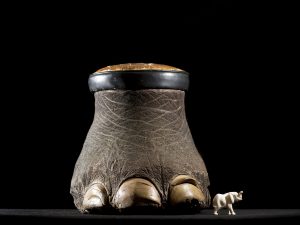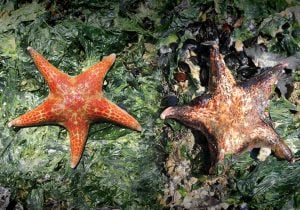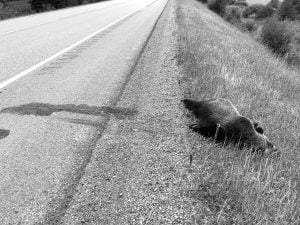
Wildlife
The illegal wildlife trade is a biodiversity apocalypse
An estimated annual $175-billion business, the illegal trade in wildlife is the world’s fourth-largest criminal enterprise. It stands to radically alter the animal kingdom.
- 3405 words
- 14 minutes




